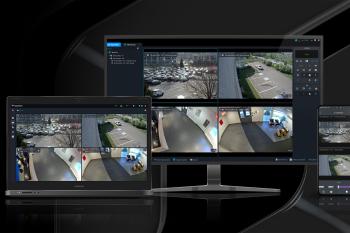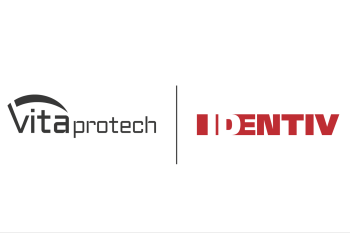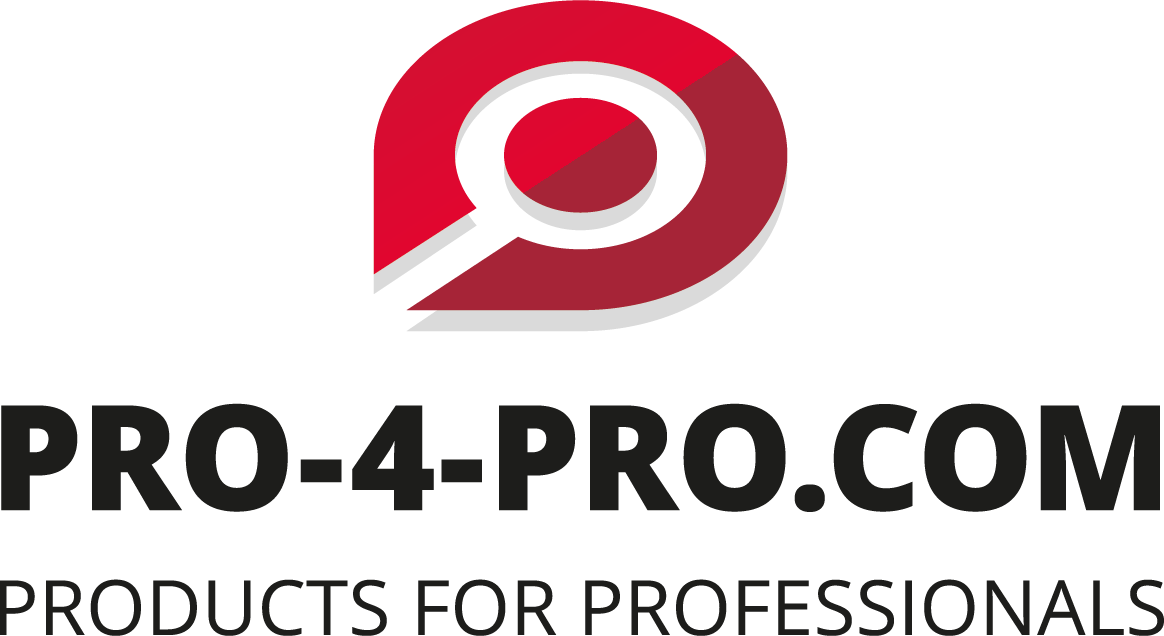Open Approach to Standardisation
OSS Association paves the way to new opportunities for the access control market
The physical security industry has a long history of making do with proprietary systems. This has led to today’s challenges of dealing with incompatible legacy systems, wasted investments and great difficulties anticipating future security requirements. The Open Security Standard (OSS) Association strongly believes that the way forward, and the only way to guarantee on going compliancy, scalability and extended platform lifecycles, is to establish open industry standards.
The Open Security Standards Association‘s main goal is to develop standardised protocols, components and encoding for the access control market and its associated hardware and software. Its first initiative, for example, was to develop the OSS Standard Offline, which allows offline locks to be incorporated into access control systems more easily.
OSS has attracted membership from leading manufacturers, including Assa Abloy, Nedap, Uhlmann & Zacher, dorma+kaba, xPLAN, primion, ISLOG, CEStronics and UniTecnic – all of which recognise the great value of open security standards for the industry and its customers.
We talked to them about the association and what they believe it will achieve. The first thing we wanted to know was what made them found or join the OSS Association. Which trends in the security market, and especially access control, prompted them to take action?
A growing desire for freedom
Co-founder Nedap has seen the demand for wireless locks grow significantly due to them being easy and cost-effective to install. “But”, says Hans Schipper, marketing director at Nedap, manufacturer of access control systems, “as companies expand, the management of wireless locks becomes more and more complex. That’s when integrating wireless locks into access control management systems becomes crucial. Also, vendor lock-in is no longer accepted. Companies want the convenience and freedom to choose with no worries about integrations.”
Hartmut Beckmann, director of sales and business development at Uhlmann & Zacher, agrees that customers are increasingly looking for more flexibility. He says: “A growing trend in access control is the use of electronic locks. And, for big customers in particular, standards are important to allow more flexibility. In the CCTV market standards are already common, and this will happen in access control.”
Assa Abloy also believes that the move towards open standards is similar to the shift seen in the CCTV market, but is progressing at a faster pace. The company’s EMEA Aperio product manager, Matthias Weiss, says: “To allow access control software providers to be more flexible in enabling the interoperation of offline locks, we decided to drive open standards forward and become a founder of the OSS Association.”
Giving customers clear choices
IslogG has noticed that security’s becoming increasingly more important to companies and they’re looking for mix and match options that suit their needs at any given time. CEO Lionel Moerel says: “Customers don’t buy a ‘black box’ security package anymore – they want the tools, hardware and knowledge to create their own systems. We joined the OSS Association because we believe standardisation is the foundation for enabling that.”
Friedhelm Ulm, product manager at CEStronics, senses the drive for freedom too. He says: “Large companies no longer want to be tied to a single manufacturer for access control devices. They want to be able to select the best suppliers based on price, performance and quality.”
At xPLAN, OSS compatibility has already become mandatory as a way of streamlining development. Its managing director Ray Phillips explains: “As an access control system manufacturer, we’ve seen lots of vendors entering the market with proprietary solutions for offline access control. Developing and supporting several offline variations is expensive and can cause confusion among dealers and end users. The OSS Association’s great work has allowed us to insist that vendors’ locking devices are compliant with the OSS Offline Standard.”
Everybody wins
When it comes to what manufacturers and end users will achieve by backing the OSS Association, the answer is simple for Assa Abloy. “Supporting the OSS Standard Offline is a win-win for both manufacturers and customers,” says Matthias Weiss. “Customers get a much broader choice and manufacturers get access to the widest possible market for their best products.”
Hans Schipper at Nedap adds: “Customers will be able to select the product that best fulfils their current needs for the best price. And if their needs change, it’ll be easy to switch to another product without facing high integration costs, or unwillingness from suppliers to integrate products.”
Assa Abloy agrees that flexibility and investment protection are the main drivers from a customer point of view. And believes that the fact big players are joining the OSS Association is sending a positive message to the market and customers.
xPLAN and Islog also recognise that standardisation has the practical benefit of reducing development time and costs as well as increasing interoperability. And xPLAN feels it will allow the industry to provide much more unified information to system integrators and end users about the options for offline access control.
Friedhelm Ulm of CEStronics picks up on this view, saying: “We believe that standardisation in access control will facilitate product comparison and lead to a clearer positioning of products.” While Weiss at Assa Abloy adds: “Standardisation helps to drive innovation, product reliability and better competition. Standards also give customers more trust in the technologies they’re using.”
Card-based benefits
IT security provider Islog is taking the benefits of the association’s work beyond physical access control. It’s made its card personalisation software DataWriter compliant with the OSS Offline Standard to enable customers to extend its offline use to the logical access control market.
And xPLAN picks up on another practical benefit relating to cards – an offline system based on open standards not only allows a single system to incorporate locking hardware from a range of manufacturers, it uses less space on the card.
Are there any drawbacks?
There are clearly a whole raft of benefits to be gained by standardising products for the access control market. From, as Nedap says, “offering end customers the ultimate freedom of choice” to preventing vendor lock-in, improving efficiency and reducing the time it takes to get products to market. But are their downsides to standardisation?
Schipper at Nedap says, “Standardisation could potentially compromise functionality or affect the uniqueness of products or solutions. But standards exist in favour of end customers and should reflect the most relevant market demand. We believe the benefits of standardisation easily outstrip the drawbacks. The OSS Standard Offline is subject to continuous development, and the association’s members are all industry-leading manufacturers of compatible products. So support for valuable functionality will always be guaranteed.”
primion thinks that one answer to this problem could be for all products to comply with the OSS Offline Standard, but to allow for non-compliant, customer-specific functions to be added. These functions could then be incorporated in the standard if the OSS Association approves them.
Having implemented a number of offline card schemes using the OSS Standard Offline, xPLAN believes there aren’t any significant compromises. “It’s already superior in terms of flexibility when compared to other OEM solutions available to us,” says Phillips. “In general, we feel it offers a more efficient use of card space and greater granularity in terms of access provisioning when compared to other options.”
Eric Beaudru, director at UniTecnic agrees: “The OSS Offline Standard is well thought through thanks to great work from key industry players.”
Future improvements and backward compatibility
However effective the OSS Offline Standard is already, it’s clear it’s only the beginning. Uhlmann & Zacher, Assa Abloy, primion and other members all talk enthusiastically about continuous development of the standard to ensure it remains fit for purpose.
Weiss at Assa Abloy confirms: “The new offline standard is based on the accumulated knowledge of many leading access control providers, and we just don’t see any downsides at the moment. But we remain vigilant. The standard will be enhanced in the future, when necessary, and always with the objective of retaining backwards compatibility.”
CONTACT:
OSS Association
www.oss-association.com
Contact
Uhlmann & Zacher GmbH
Gutenbergstr. 2-4
97297 Waldbüttelbrunn
Germany
+49 931 40672 0
+49 931 40672 99
ASSA ABLOY Opening Solutions EMEIA
Dukes Street
Woking
Surrey GU21 5BH, United Kingdom
+49 30 8106 2970
+ 49 8106 1970














